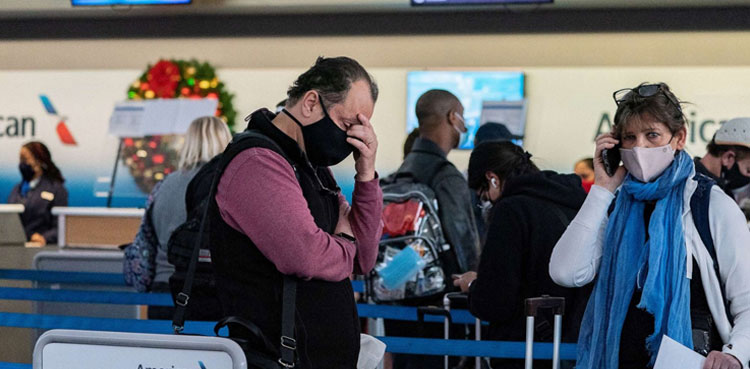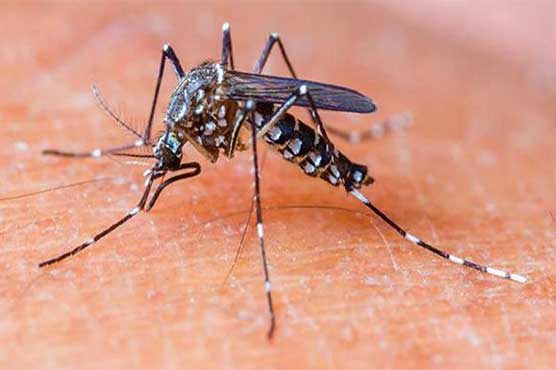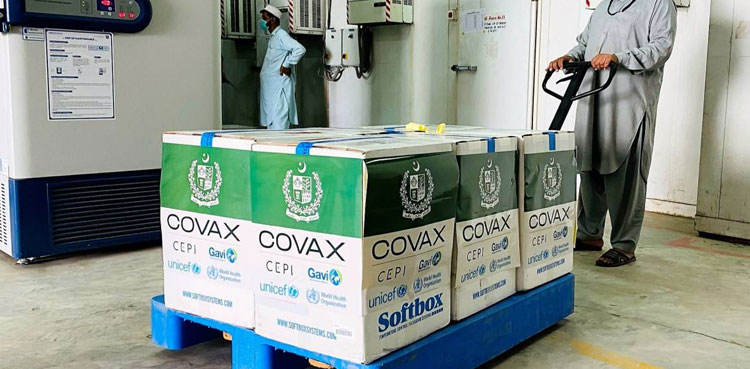The immune response to COVID-19 helps protect against reinfection, but that protection is weaker against Omicron than it was against earlier variants of the coronavirus, according to new data.
A previous SARS-CoV-2 infection protects against Omicron reinfection only 56% of the time, researchers found in a review of national data in Qatar. Having had COVID was 90.2% effective against reinfection with the Alpha variant, 85.7% effective against a Beta variant reinfection, and 92% effective against Delta reinfection, researchers reported on Wednesday in The New England Journal of Medicine.
Among the reinfected patients, one patient had the alpha version, two had the beta variant, no patient had the delta form, and two had the omicron variant. All of these patients had severe Covid-19. Not a single reinfection resulted in a dangerous or fatal Covid-19 event. The predicted effectiveness rates were 69.4% (95% CI, −143.6 to 96.2), 88.0% (95% CI, 50.7 to 97.1), 100% (95% CI, 43.3 to 100), and 87.8% (95% CI, 47.5 to 97.1) against the severe, critical, or deadly Covid-19 alpha, beta, delta, and omicron kinds. (A note in gives instructions on how to figure out the delta variant’s 95% confidence interval.)
Overall, a national database study carried out in Qatar supported earlier predictions by showing that prior infection was a substantial (almost 90%) deterrent to reinfection with the beta, delta, and alpha variants of SARS-CoV-2.1-3 This resistance against reinfection with the omicron form was significant even though it was reduced (about 60%). Moreover, it appeared that a past infection—regardless of variation—offered robust defense against hospitalization or reinfection-related mortality.
Also Read: ADB Supports Pakistan with 15 Million COVID-19 Vaccine Doses





